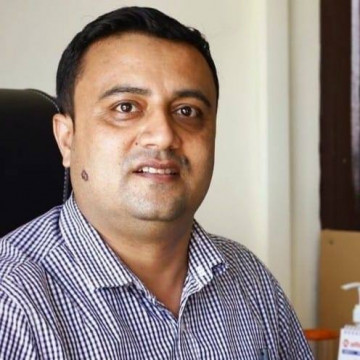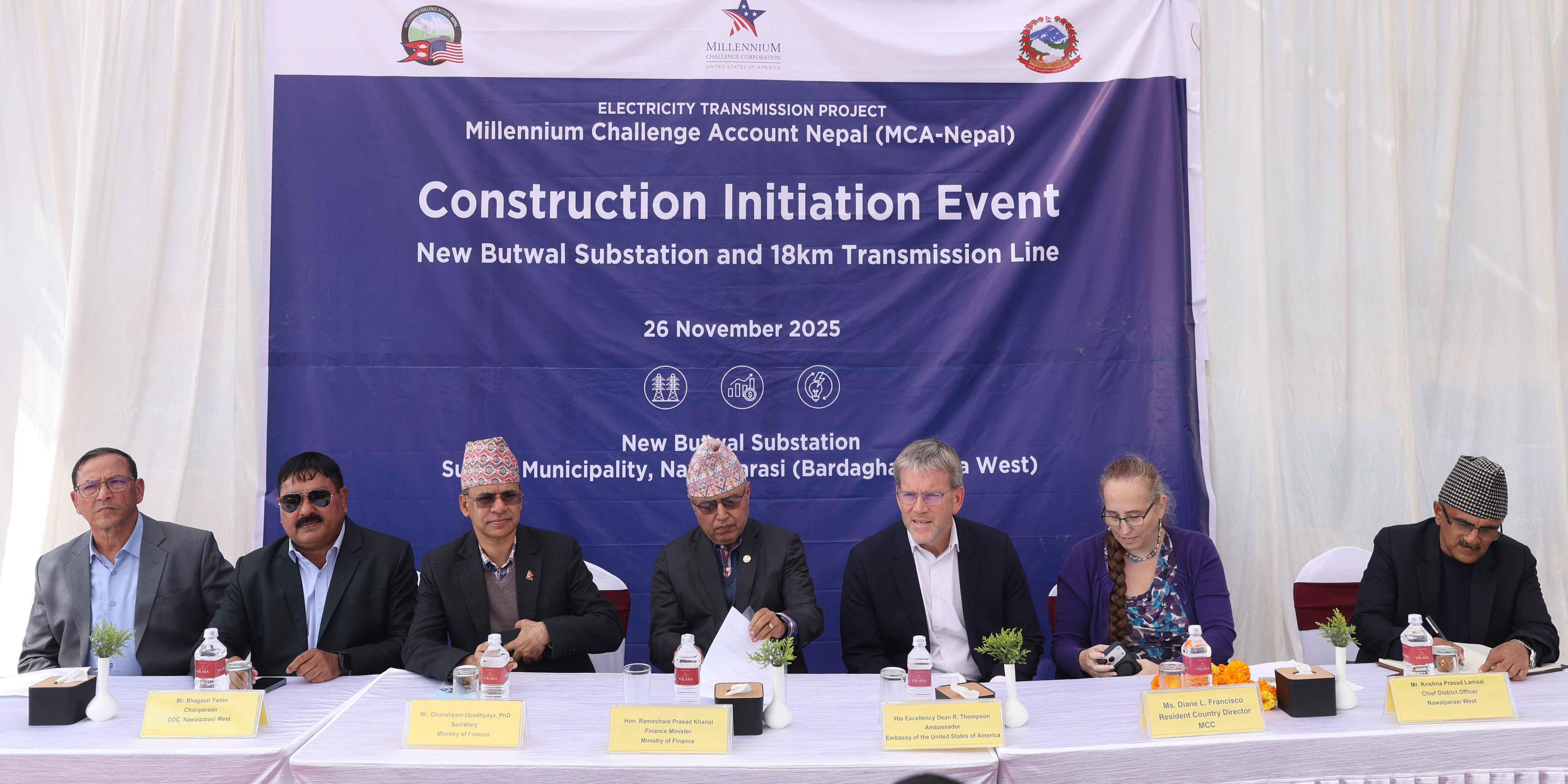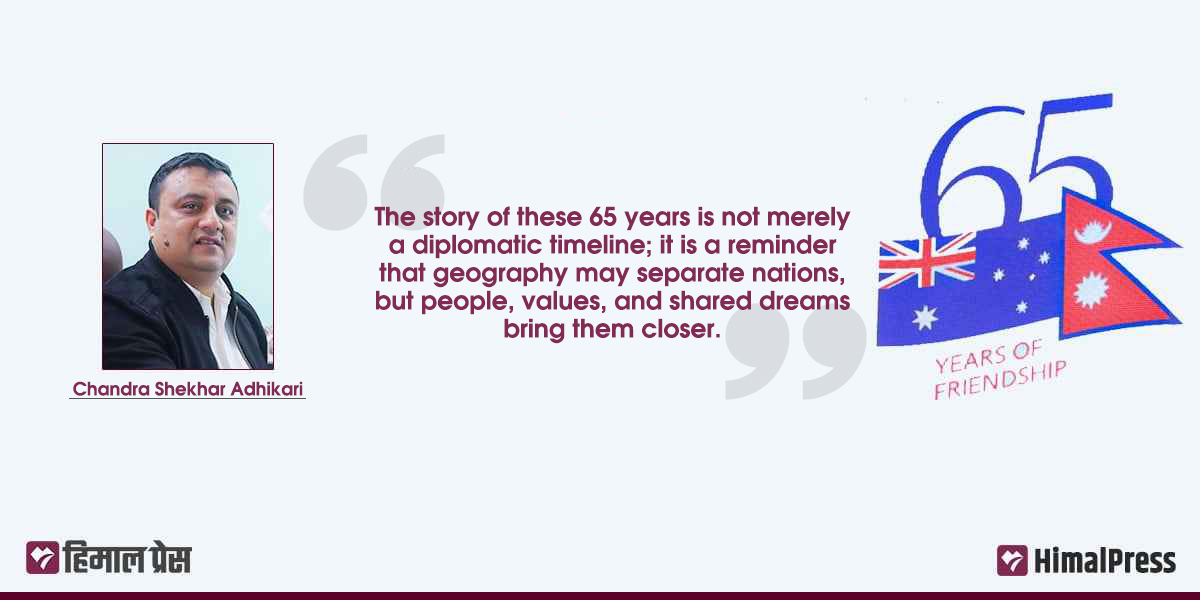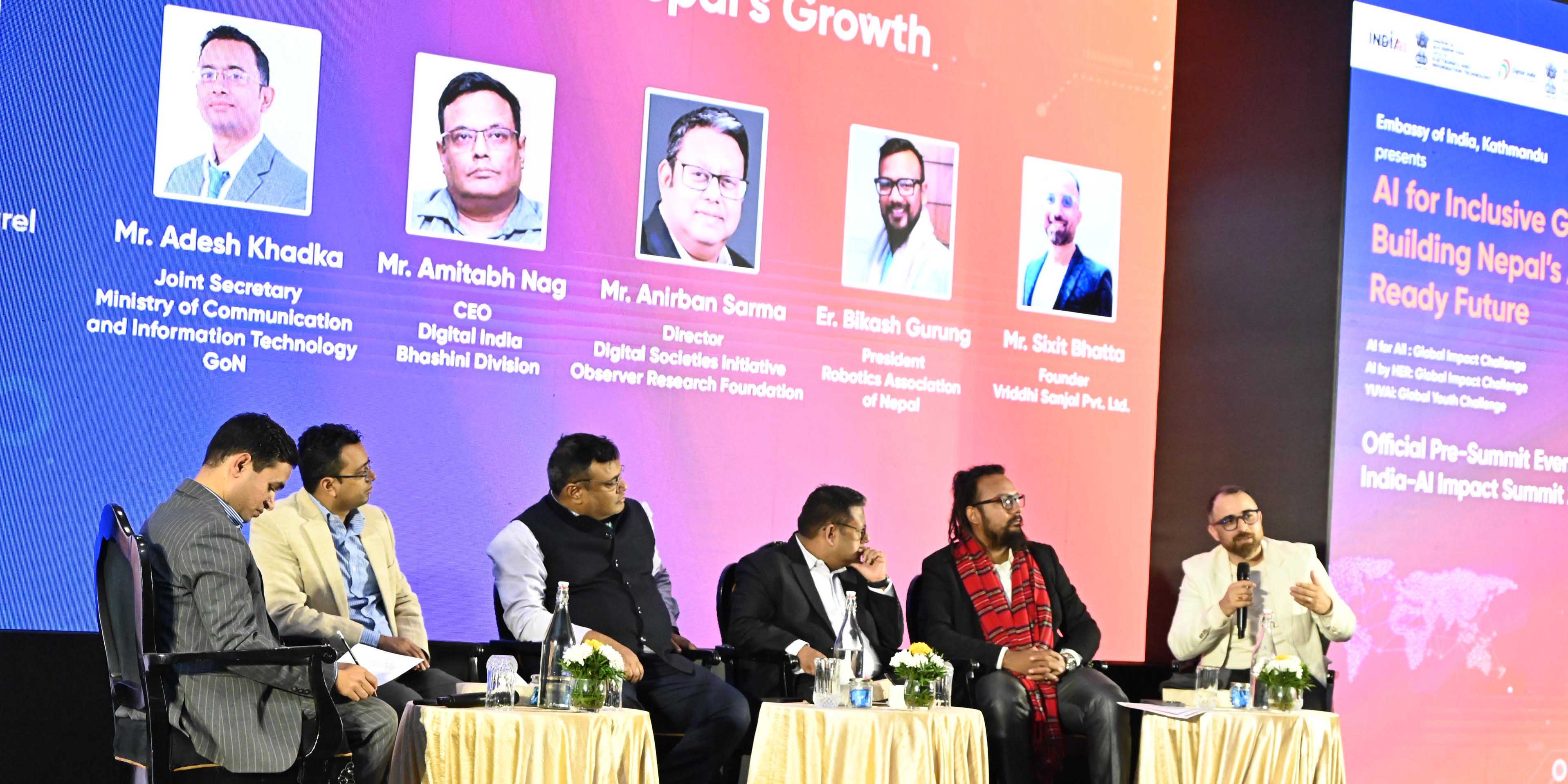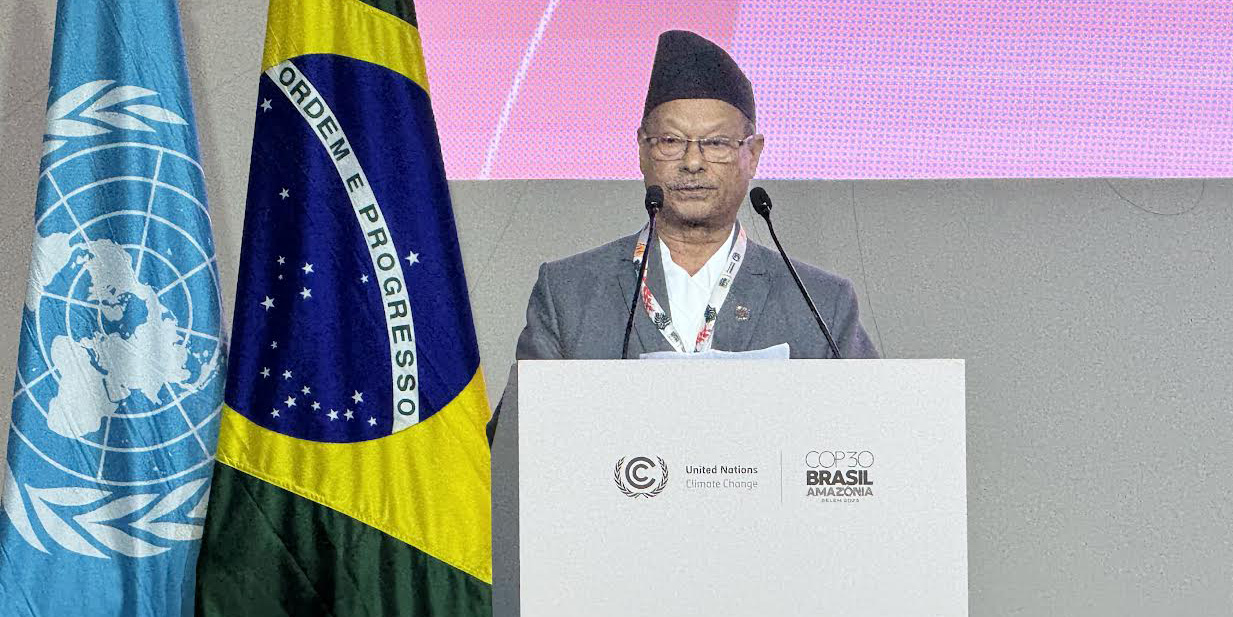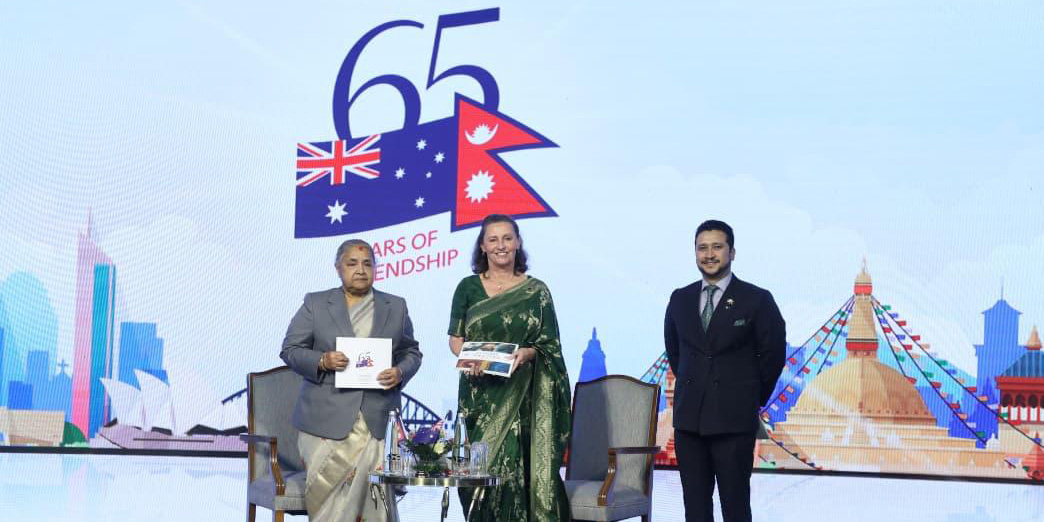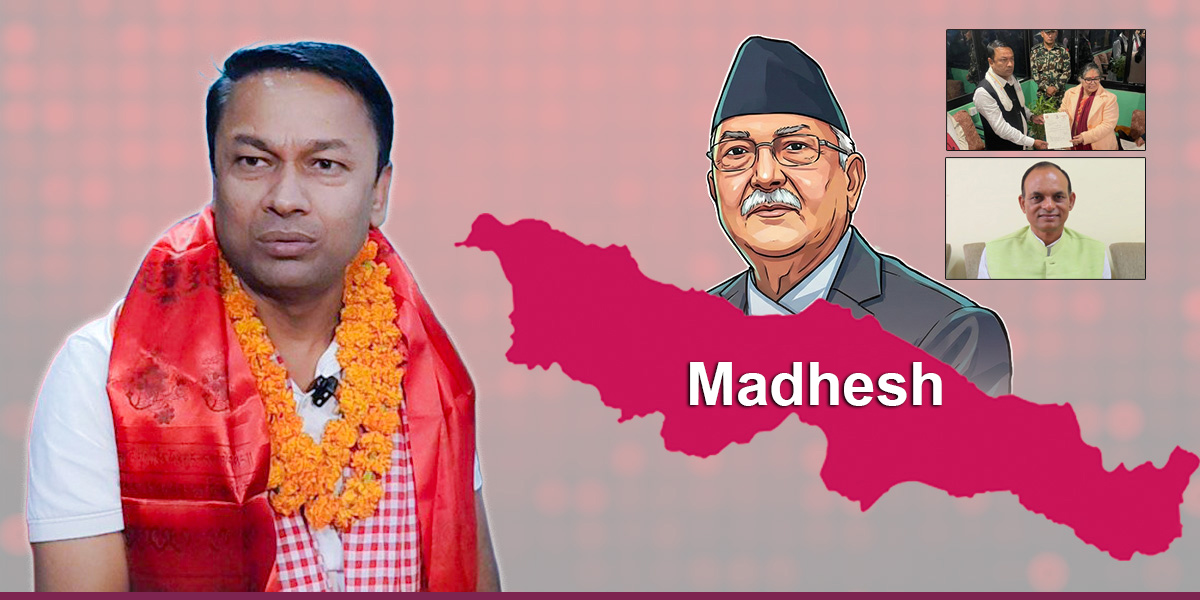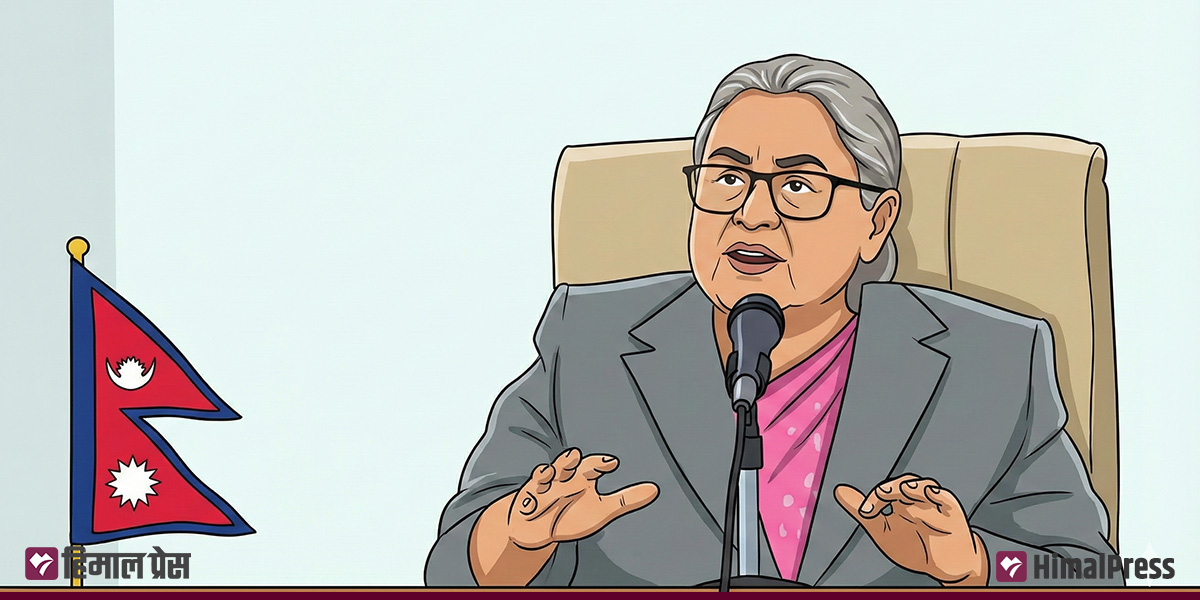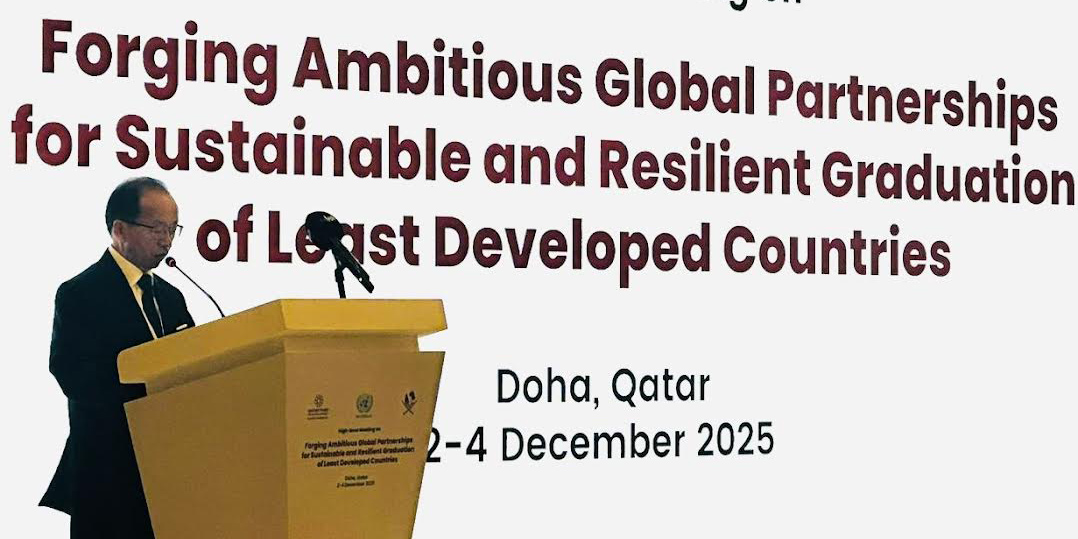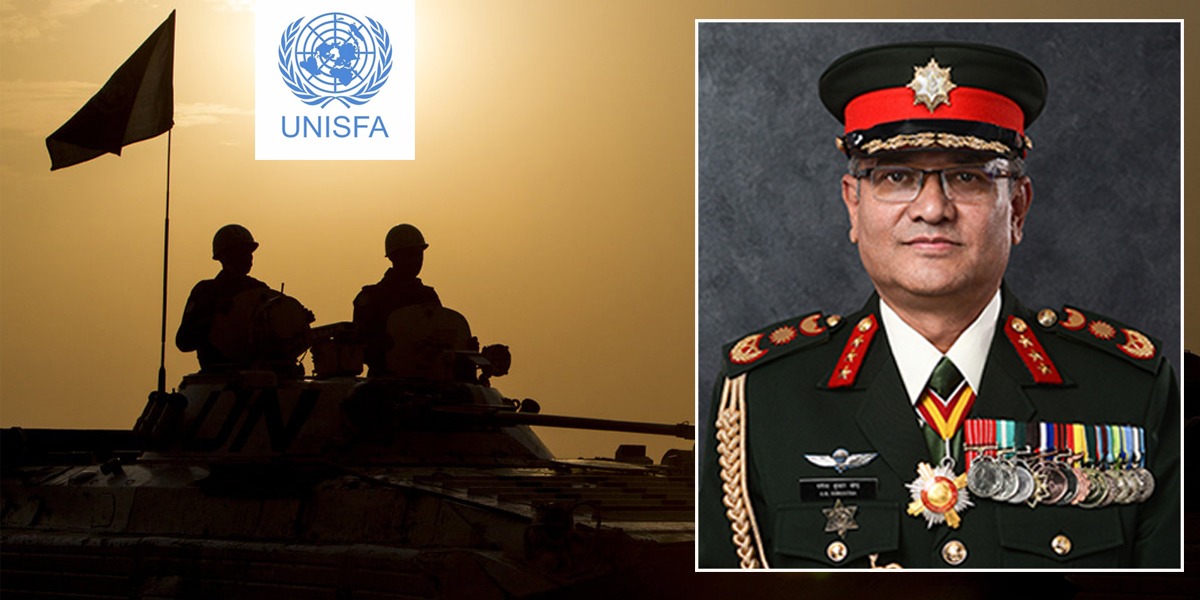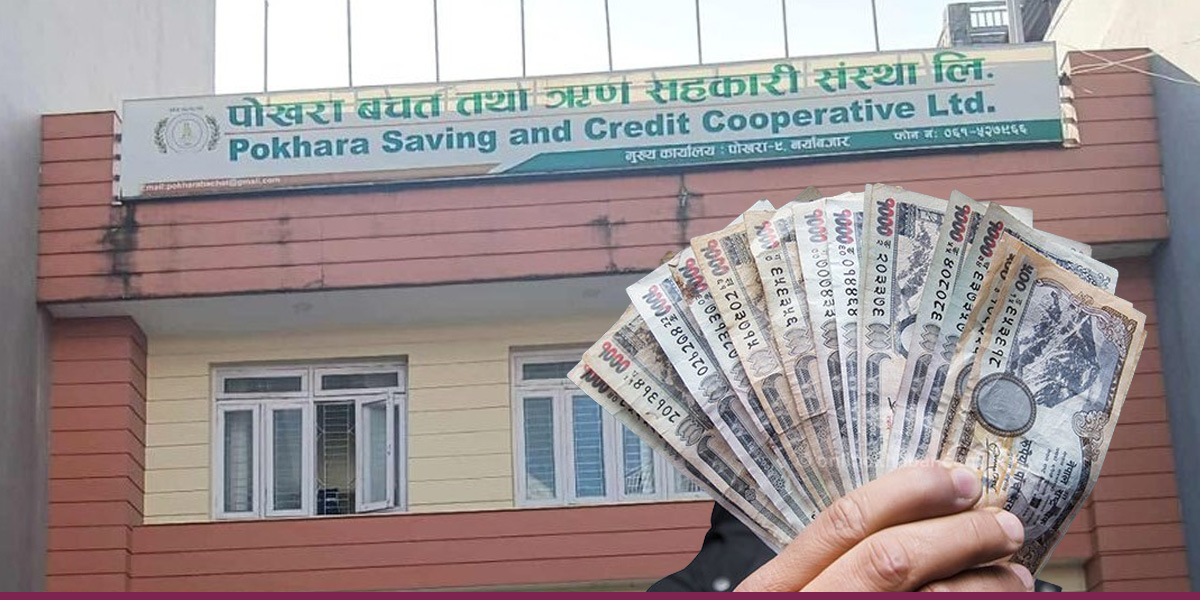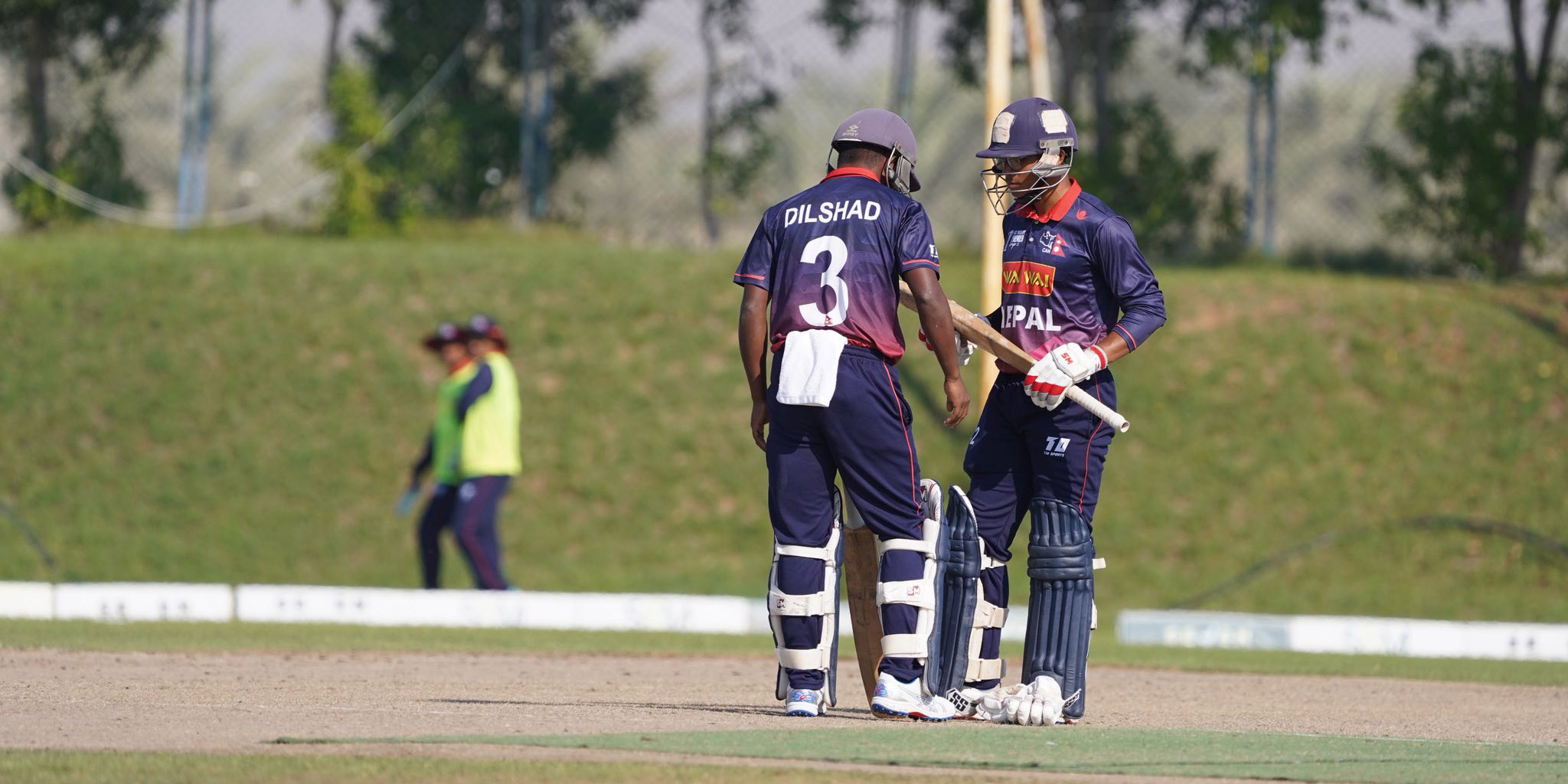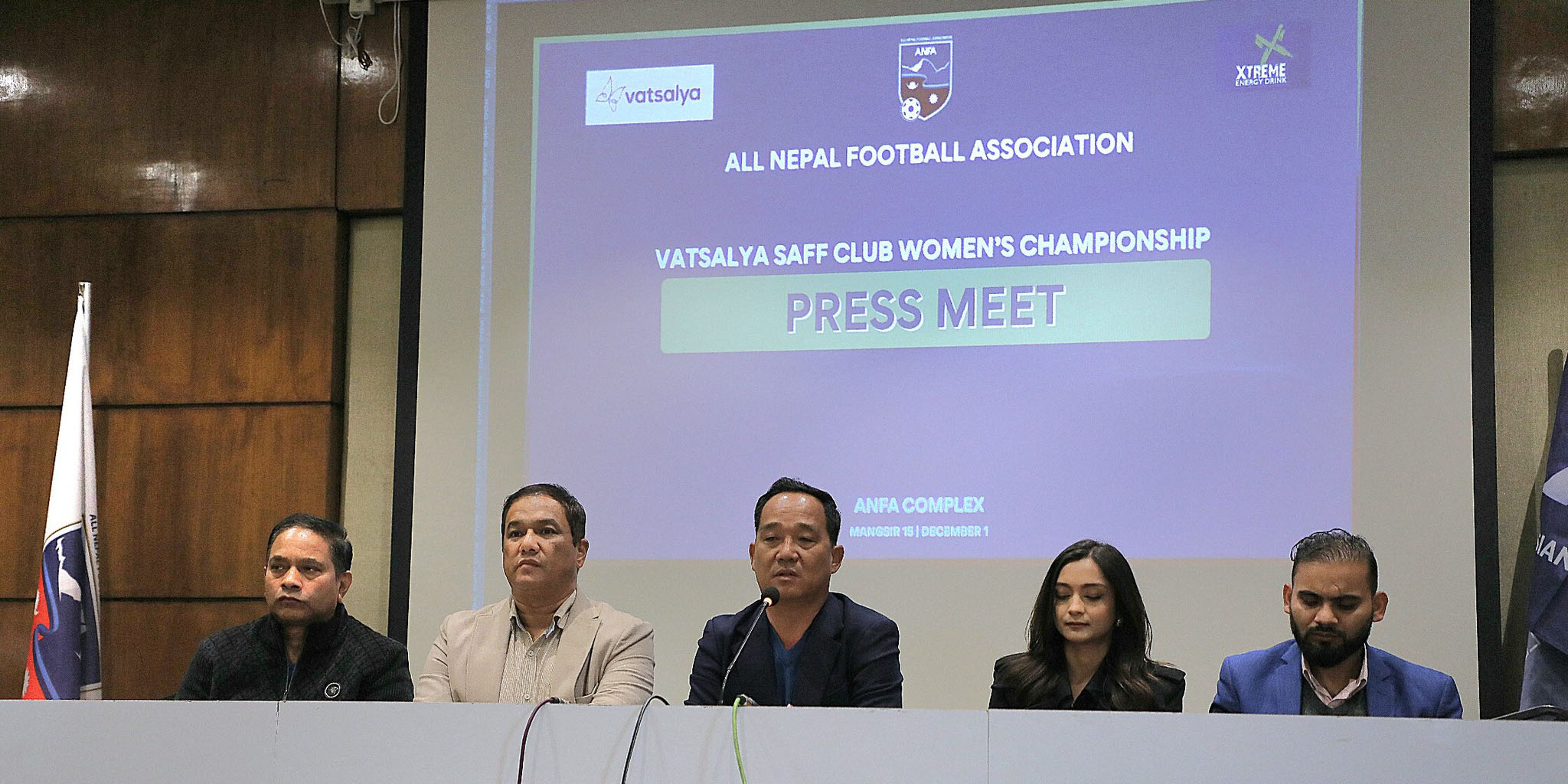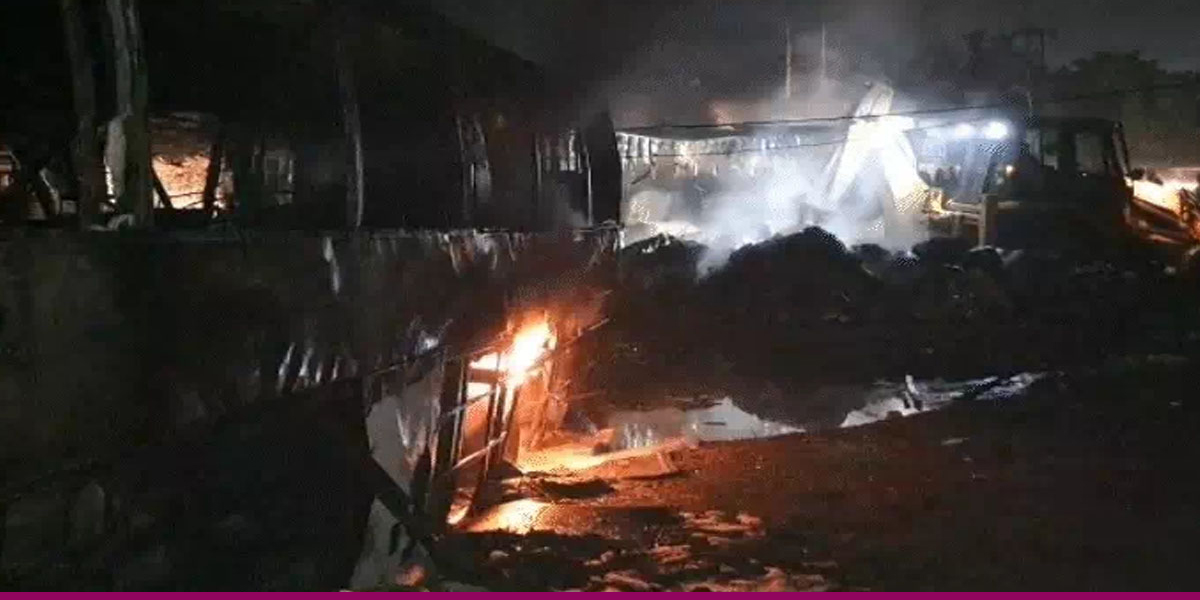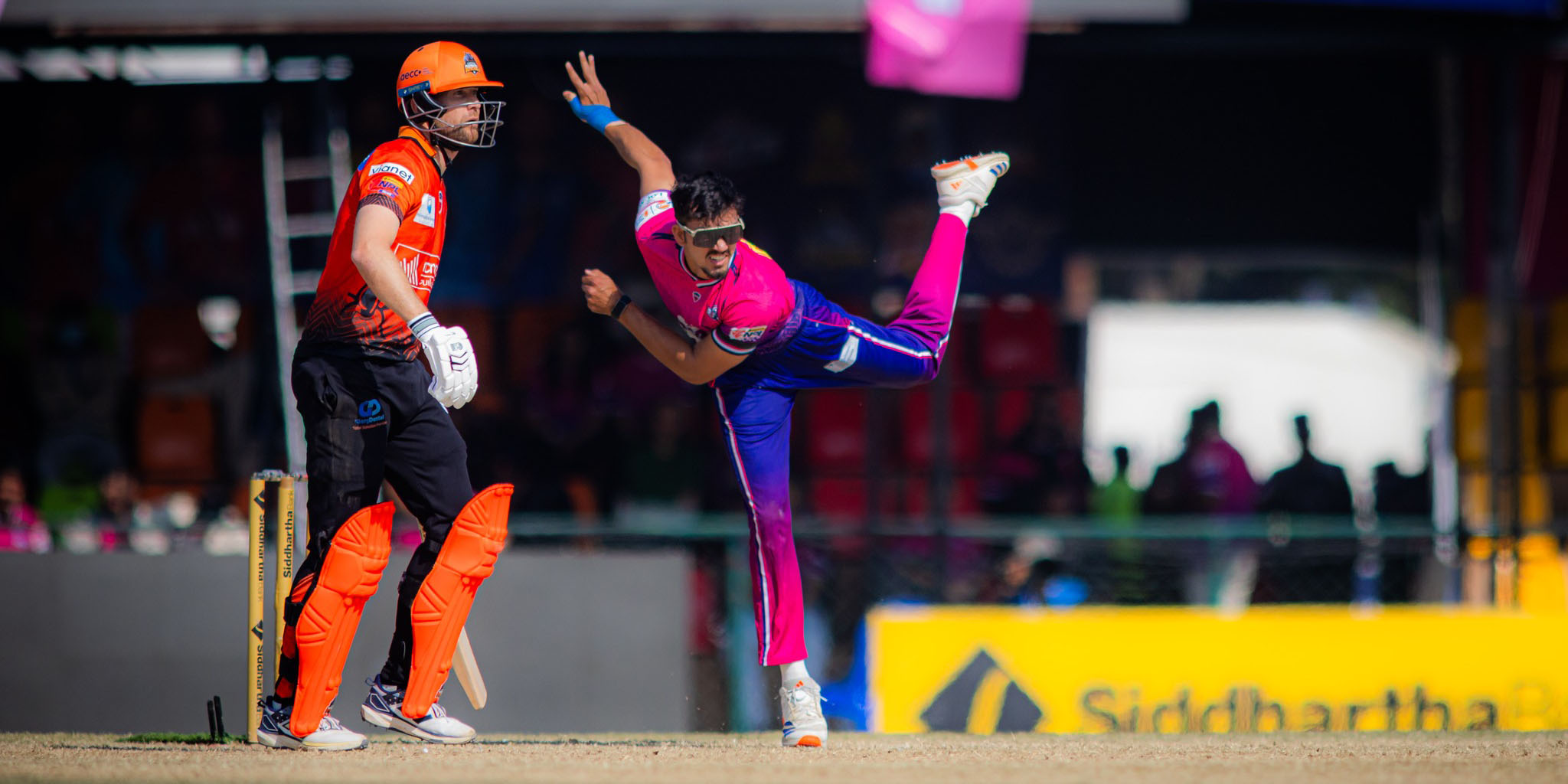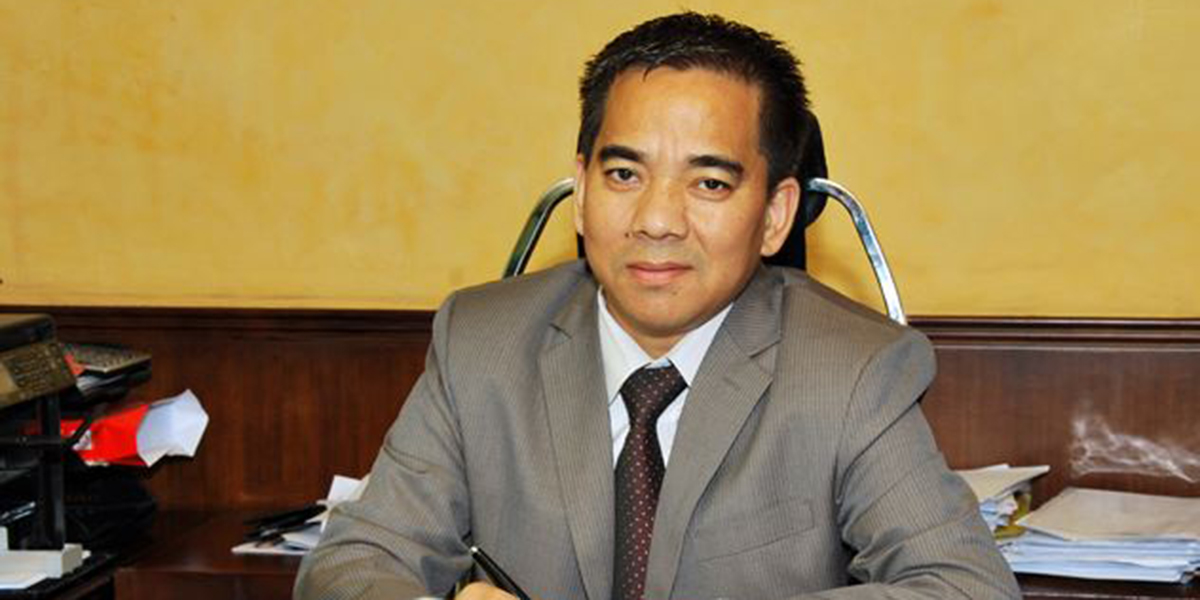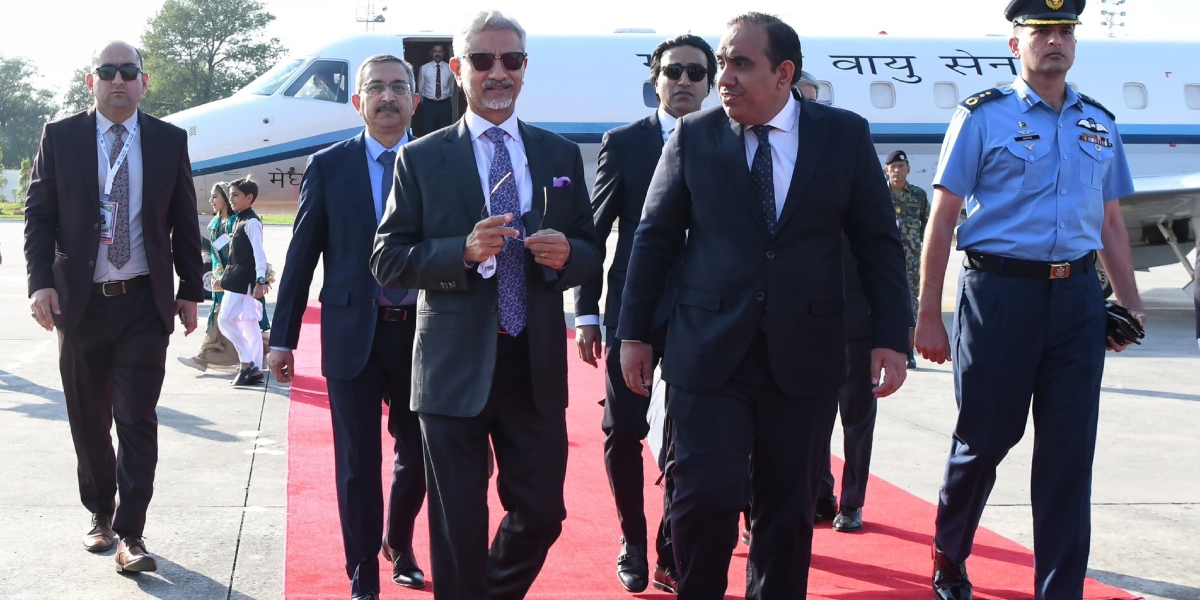 Indian External Affairs Minister Dr S Jaishanker upon his arrival at Islamabad airport. Photo: Jaishanker's X Page
Indian External Affairs Minister Dr S Jaishanker upon his arrival at Islamabad airport. Photo: Jaishanker's X Page
KATHMANDU: The arrival of Indian External Affairs Minister Dr S Jaishankar in Islamabad on Tuesday morning has sparked hope for cooperation in the South Asian region. This is the first time in nine years that an Indian foreign minister has traveled to Pakistan. Although this is not a bilateral visit, diplomats expect the two countries to engage in bilateral talks.
Jaishankar’s primary purpose in Islamabad is to participate in the Shanghai Cooperation Organization (SCO) Summit. In April 2023, Pakistan’s then Foreign Minister Bilawal Bhutto Zardari visited India to participate in the SCO Summit held in Goa. He had indicated that he would engage in bilateral talks as well. News had emerged that while the Indian side did not show much interest, they did not fall short in hospitality. A similar situation seems likely now in Pakistan.
However, the significance of this visit extends far beyond the confines of the SCO meeting. It comes against the backdrop of a complex history between India and Pakistan who have fought three wars since gaining independence from Britain. That is why, although there are relations between these countries at the public level, similar relationships can not be at the political level. Things seem to be improving, but then suddenly they deteriorate.
Diplomatic experts say that with visits happening after 12 years from one country and nine years from the other, there should be sufficient discussions and meetings to advance regional organizations. The visit could potentially revive the South Asian Association for Regional Cooperation (SAARC), which has been dormant since 2016. Diplomats and regional experts view this development as a first step towards normalizing relations between the two countries, although they caution against expecting any breakthroughs in the immediate future.
Former Foreign Minister Dr. Bhesh Bahadur Thapa says that such diplomatic activities will compel India to advance SAARC. Thapa, who also served as Nepal’s ambassador to India, believes India has been trying to mold SAARC to suit its interests. “It doesn’t seem like India wants to kill SAARC,” Thapa stated. “Advancing SAARC is beneficial for India too. India, which is claiming a permanent seat on the UN Security Council, cannot put its case in the United Nations strongly if it appears weak in its own regional organization.”
As the incumbent SAARC chair, Nepal can push for a summit by taking India into confidence, says Thapa. The Foreign Minister, Dr. Arzu Rana Deuba, who claims to have close ties with India, now has a chance to prove it, he added.
Senior journalist Dhruba Hari Adhikari, known for his writings on geopolitics and diplomacy in national and international media, sees Indian Foreign Minister’s participation in the SCO Summit in Islamabad as the first step towards normalizing relations. If ambassadors are appointed in both countries following this visit, it could be understood as the cooperation moving forward, he added. Recalling the cancellation of the 2016 SAARC Summit following India’s refusal to participate, citing Pakistan as a haven for terrorists, Adhikari said India is now feeling secure enough to send its Foreign Minister Jaishankar and other SCO representatives to Pakistan. “Nepal now needs to play a role in advancing SAARC by studying the India-Pakistan relationship,” he added.
While Indian experts have been offering various suggestions to the Indian leadership regarding SAARC, the leadership appears to be disregarding them. Moreover, media in both India and Pakistan seem to attach little importance to SAARC.
Jaishankar’s visit to Pakistan could reinvigorate SAARC which has been dormant since the 2014 Summit in Nepal. Some observers, however, believe that BIMSTEC (Bay of Bengal Initiative for Multi-Sectoral Technical and Economic Cooperation) might replace SAARC, given India’s recent lack of interest in the latter. However, it is worth noting that the two organizations have different operational natures.
The current visit cannot be expected to significantly improve relations between India and Pakistan. Pakistan’s Foreign Minister Ishaq Dar has said that India has not proposed for a bilateral talks. “India’s Foreign Minister has not asked for any meeting, and we haven’t requested a bilateral meeting either. He will come as a guest for the SCO, and discussions will be held on multilateral issues,” Dar told the media ahead of the summit.
Pakistan’s former Foreign Minister Hina Rabbani Khar has described Jaishankar’s visit as India’s ‘smart move’. “With relations between India and Pakistan not only being abnormal but also lacking high commissioners (ambassadors) in each other’s countries, Jaishankar’s visit instead of a regular official or junior minister is India’s smart move,” she said.
Ajay Bisaria, a former Indian High Commissioner to Pakistan, has described Jaishankar’s visit as a high-level step towards improving relations. “What India is doing, by sending a minister, is sending a signal that we want to stabilise the relationship,” Bisaria told This Week in Asia of South China Morning Post. Bisaria also said starting with low-hanging fruit, such as exchanging high commissioners and resuming trade, could pave the way for better relations. “Having a SAARC summit is a distant goal, but it should be a goal. I think at some point if the relationship stabilizes further and gets better, we could possibly have that (SAARC summit) as well,” he said.
Another former Indian High Commissioner to Pakistan, TSA Raghavan, says India should go for a ‘less ambitious’ but functional SAARC instead of ‘dormant’ SAARC. “India does not need to set the pace because it already has strong and vibrant bilateral tracks with all neighbors, barring Pakistan. The factors that make India the natural leader in South Asia are so powerful and so numerous that it need not work itself into a lather to demonstrate leadership,” Raghavan wrote in his recent opinion piece in The Frontline. “A more laid-back approach, in which India takes strong positions very selectively, may well make for a more productive policy mix, given the volatility of bilateral relationships in South Asia. All this may certainly imply a less ambitious and dynamic SAARC, but that is a better position for a regional organisation than being entirely dormant as it is today,” he added.
Former Indian Army Chief Manoj Mukund Naravane also suggests that India should revive the SAARC process. “Some argue that while India has done well to enhance its stature in the broader international arena, it is losing its grip in the South Asian region,” Naravane said in his article in The Print. “If we can sit at the same table with China and Pakistan in forums such as the SCO, there is no reason not to do so for SAARC.”
Dr Dinesh Bhattarai, a former ambassador and foreign relations advisor to two former prime ministers, also said such activities can improve stagnant diplomacy.
Some 13 years ago, Hina Rabbani Khar went to New Delhi to meet her counterpart SM Krishna to promote mutual trade and end the hostility between the two countries. After her, Bilawal Bhutto visited Goa last year. In Modi’s first term, Sushma Swaraj visited Pakistan early in her tenure as the foreign minister. Nine years have passed since that visit.
Jaishankar’s Islamabad visit became possible because both India and Pakistan have given importance to the SCO. China established this cooperation to strengthen Asia economically and strategically. India was compelled to participate in the summit to avoid isolation from the group, much like Pakistan was forced to do a year and a half ago. Otherwise, there was a possibility of being excluded from the cooperation.
Analysts believe that Jaishankar will focus this visit on multilateral issues rather than bilateral ones. Although the relationship between the two countries has been stable for the past four years, neither side is ready for mutual cooperation. Both countries aim to reduce tension in border areas, but neither is prepared for mutual dialogue to achieve this.
“Pakistan is focused on managing internal problems. Recently, India has perceived a greater security threat from China than from Pakistan, which is why it is seeking closer relations with other countries,” said a Nepali diplomat. “Although both India and Pakistan favor managing tensions, they have been unable to advance proposals for reconciliation due to political reasons.”
The differing interests of both countries also contribute to the situation. India wants to engage in dialogue with Pakistan to control terrorism, while Pakistan desires talks to change policies regarding Kashmir. The increasing political polarization in both India and Pakistan has pushed their mutual relationship further into crisis. Jaishankar’s visit to Islamabad is a result of ongoing behind-the-scenes dialogue to improve bilateral relations, rather than face-to-face meetings.
“I’m here as a good member of the SCO rather than for bilateral relations, so bilateral issues won’t be discussed now,” Jaishankar said upon his arrival in Islamabad. He also attended a dinner hosted by the Pakistani Prime Minister.
The diplomatic question now is: will there be cooperation between these rival countries?

